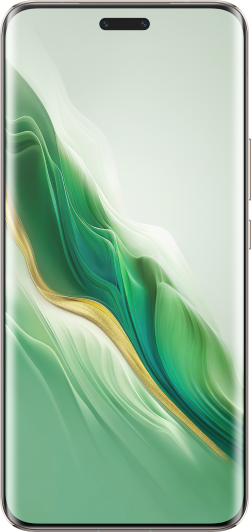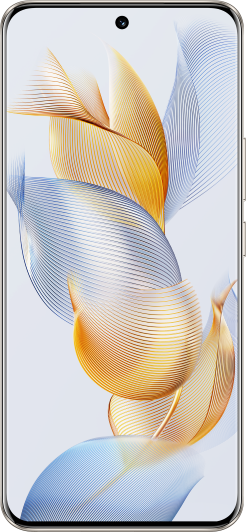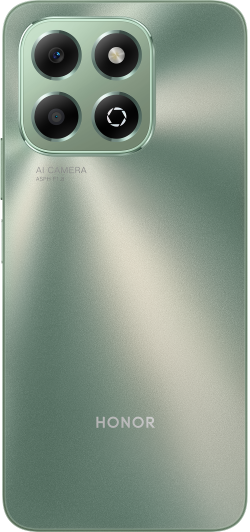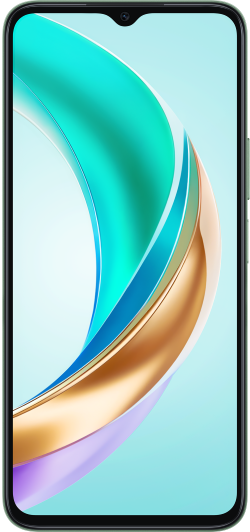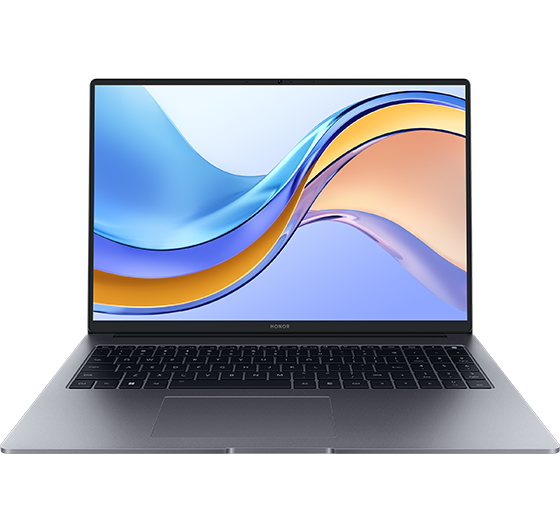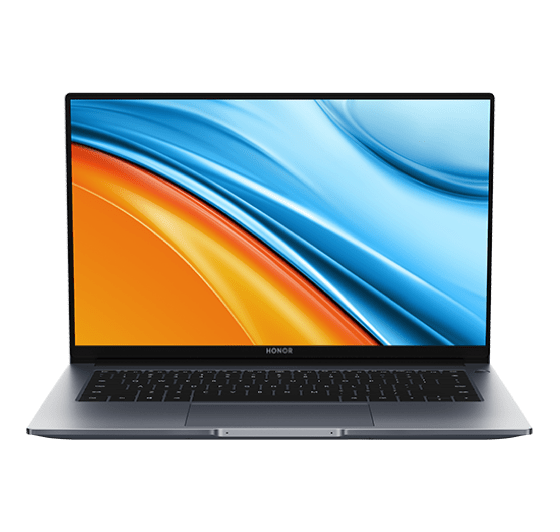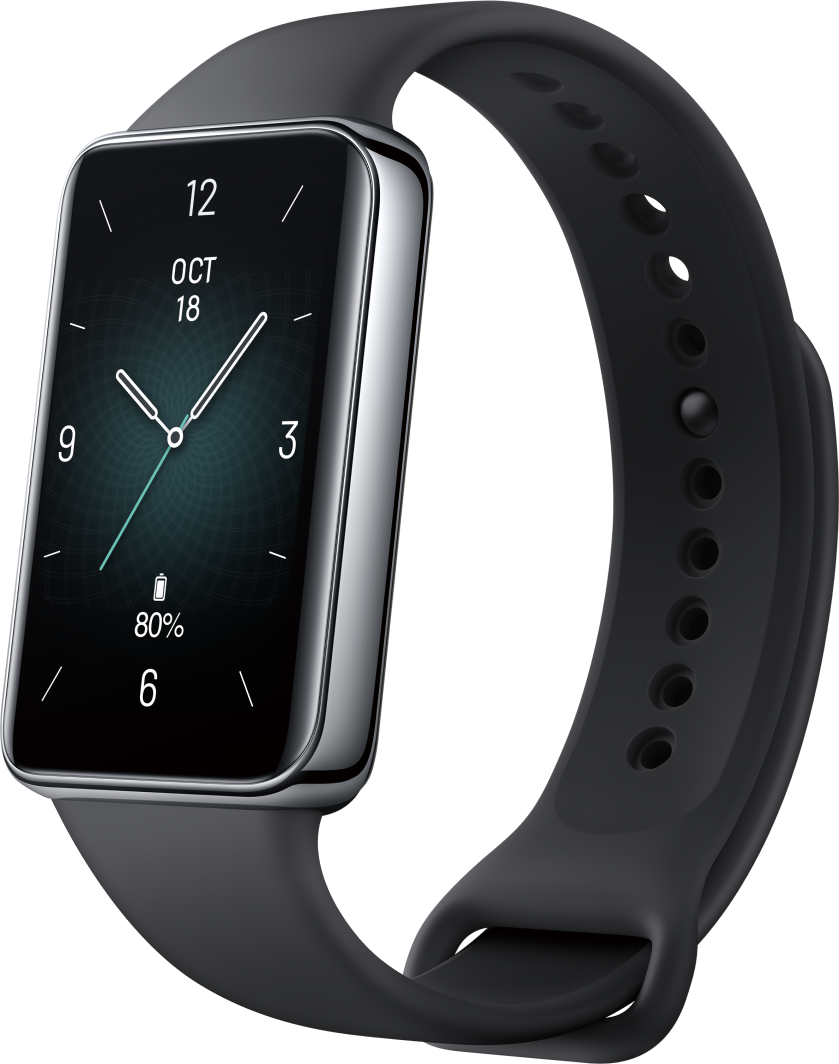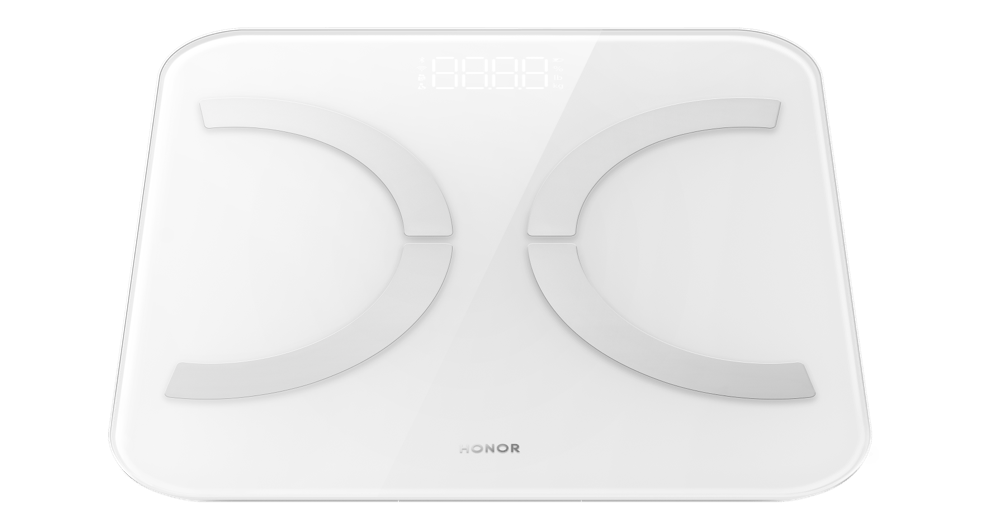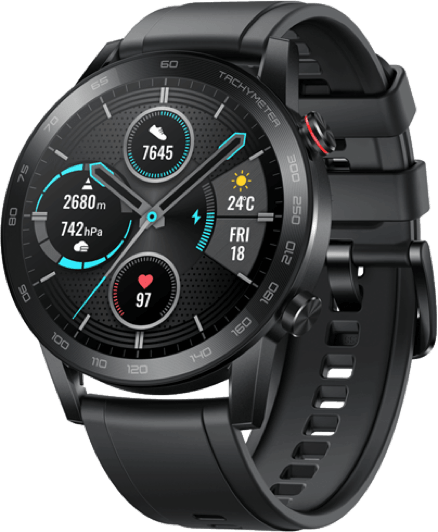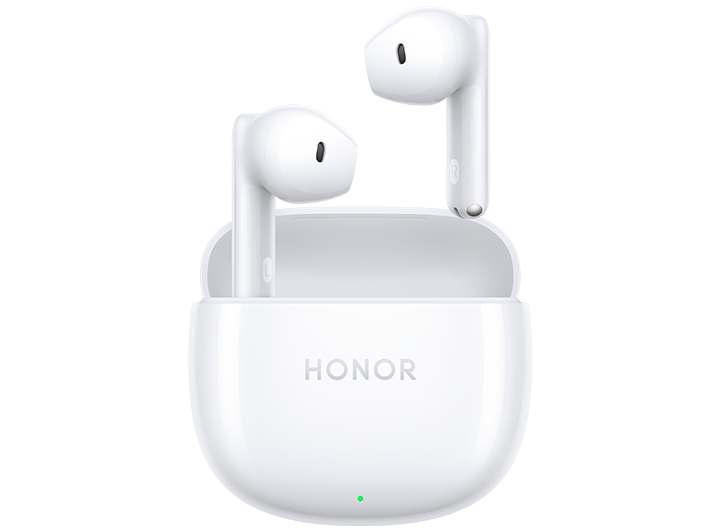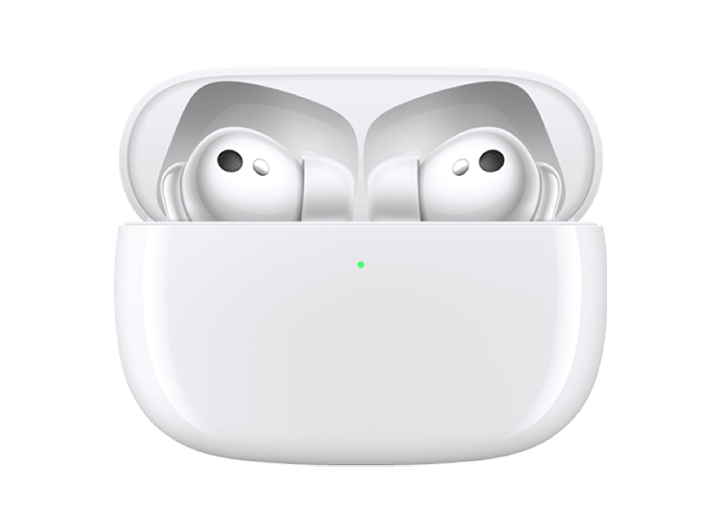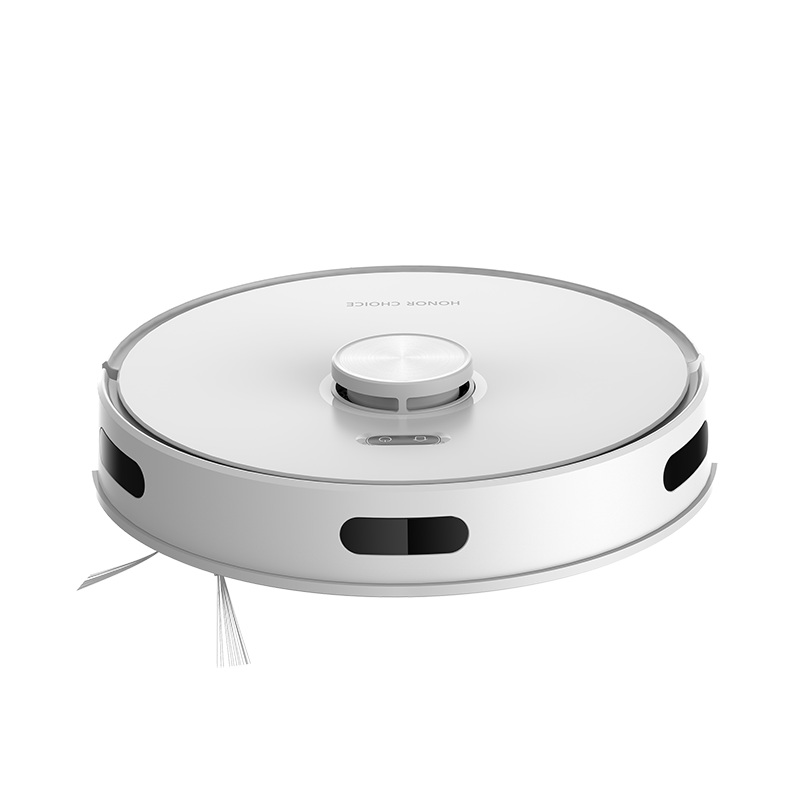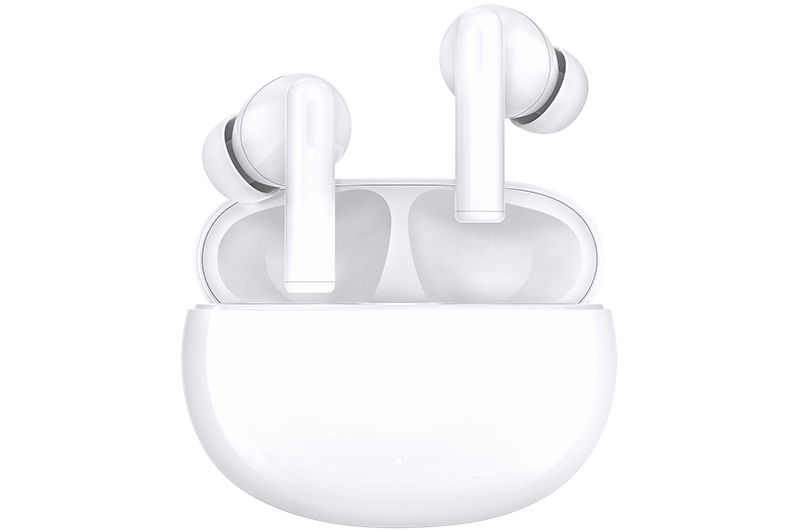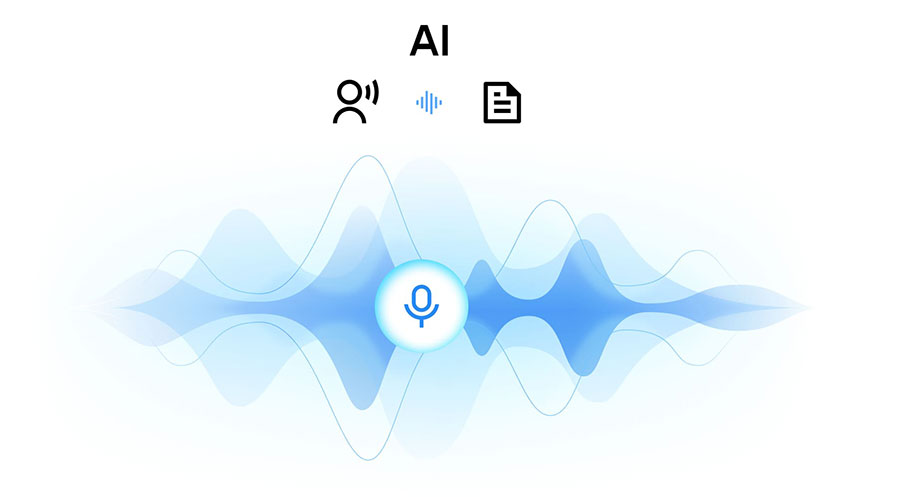TOP

我的荣耀 开启荣耀之旅
To log in to your account, you must first agree to the HONOR PLATFORM TERMS OF USE and HONOR Platform Privacy Statement. If you do not agree, you may only browse the site as a guest.
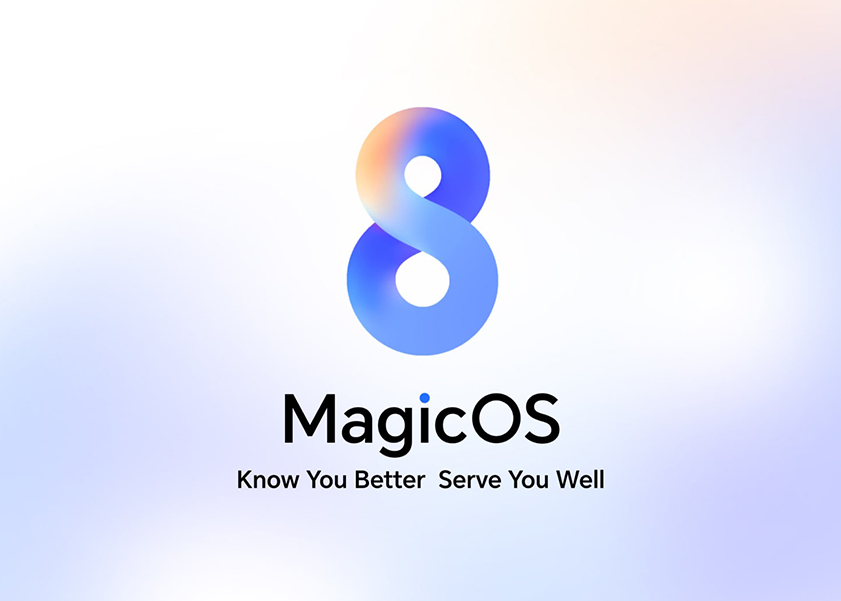
How Many Operating Systems Are There for Smartphones?
Mobile operating systems (OS) control how people interact with the technical wonders that smartphones contain. While giants like iOS and Android dominate headlines, the ecosystem of mobile operating systems is more diverse and fascinating than many realize. In this blog post, we'll offer the basic knowledge of what is phone operating system and its features, and explore the top six mobile operating systems, unraveling the unique features and innovations each brings to the palm of our hands.
What Is a Phone Operating System?
A phone operating system is the software that manages hardware and software resources on mobile devices. It serves as an intermediary between the user and the device's hardware, facilitating communication and interaction. The smartphones operating system dictates the user interface and overall functionality of smartphones.
Furthermore, the operating system is the gatekeeper of app compatibility, wielding the power to determine which applications can run on a given device. It establishes the framework within which third-party developers create and optimize their software, ensuring a cohesive ecosystem that enhances the user's ability to personalize their device with a myriad of applications.
Features of Phone Operating Systems
Having established a foundational understanding of what a mobile operating system (OS) is, let’s turn our focus to the features of phone operating systems:
✓ User-Friendly Design: Regardless of the operating system, a user-friendly design is crucial for seamless interaction. Intuitive interfaces, clear navigation, and easily accessible settings contribute to a positive user experience, catering to both novice and advanced users.
✓ A Good App Store: An efficient app store is essential for accessing a diverse range of applications. It should offer a user-friendly interface, reliable security measures, and a variety of high-quality apps to enhance the functionality and entertainment options for users.
✓ Personal Information Management: Robust personal information management features are vital. This includes effective data encryption, secure cloud services, and user-friendly settings for managing and safeguarding personal data, ensuring user privacy and security.
✓ Speed and Power: Operating systems must be optimized for speed and efficiency, regardless of the device's specifications. Smooth performance, quick responsiveness, and effective resource management contribute to a satisfying user experience.
✓ Communication: Seamless communication features, including messaging, calling, and video conferencing, are essential. A well-integrated communication system ensures users can stay connected effortlessly, promoting efficient and effective interactions within the digital realm.
✓ Customization: Users appreciate the ability to personalize their devices. Customization options, such as theme changes, widget placements, and diverse settings, allow users to tailor their experience to match their preferences and needs.
Main Types of Phone Operating Systems
You might be curious as to how many phone operating systems are there. In this section, we will give you the top 6 commonly used OS.
Android
Android, developed by Google, is the most widely used mobile operating system globally. Known for its open-source nature, Android powers a diverse range of devices. It offers extensive customization options, a vast app ecosystem through Google Play, and seamless integration with Google services.
iOS
iOS, the operating system developed by Apple, is exclusive to iPhones. Known for its intuitive interface, robust security, and vast ecosystem of apps, iOS is synonymous with sophistication and reliability. Its consistent updates and exclusive features cater to a loyal user base, making it a top choice for those seeking a polished, user-centric mobile experience.
Windows
Windows Phone, developed by Microsoft, aimed to create a unified experience across PCs and mobile devices. Although Windows is a well-known operating system for computers, its mobile OS was a Microsoft operating system designed for Pocket PCs and cell phones. The tiled layout is used by one version of the Windows mobile operating system; the user can move and rearrange the elements as they choose. Despite its innovative features, Windows Phone struggled to gain significant market share and was eventually discontinued. Many users migrated to other platforms due to the limited app ecosystem.
Harmony OS
Harmony OS, developed by Huawei, is designed for a wide range of devices, including smartphones, smart TVs, and wearables. It emphasizes a seamless and cohesive user experience across different devices, allowing for smoother transitions and interactions.
BlackBerry OS
Once a dominant player in the smartphone market, BlackBerry OS is known for its focus on security and productivity. Moreover, BlackBerry's operating system gained popularity because of its improved safety and security features. Compared to touch screen devices like the iPhone, BlackBerry has had much greater success with an operating system that requires a trackball (like a computer mouse) and a physical keyboard. However, the rise of iOS and Android led to a decline in BlackBerry's market share, and the company eventually transitioned to using Android on its devices.
MagicOS
MagicOS is a proprietary operating system developed by HONOR, designed to enhance the user experience across HONOR devices. The latest version, MagicOS 7.1, integrated into the HONOR 90, exemplifies this through seamless multitasking capabilities. Users can effortlessly switch tasks between HONOR devices, ensuring uninterrupted workflow. Additionally, MagicOS 7.1's ability to extract semantic information from images for quick follow-up actions, coupled with continuous privacy and security protection, and personalized health suggestions from HONOR Health, makes it a highly user-centric and innovative operating system choice.
Conclusion
The variety of phone operating systems reflects the dynamic nature of the mobile tech landscape. Each OS brings its own set of features, design philosophies, and ecosystems, catering to diverse user preferences. Understanding the options available allows consumers to make informed choices based on their needs and priorities.
FAQ
Do smartphones have operating systems?
Yes, smartphones have an operating system to function. The OS manages hardware resources, enables communication between the user and the device, and provides a platform for running applications.
What is the most common smartphone operating system in the world?
Android is the most common smartphone operating system globally. Its open-source nature, extensive customization options, and widespread adoption by various manufacturers contribute to its dominance in the market.
Why is Android called an open system?
Android is referred to as an open system because it is built on open-source code. This means that the source code is freely available, allowing manufacturers to modify and customize it for their devices. The open nature of Android fosters innovation and diversity in the smartphone market.
Source: HONOR Club
SUBSCRIPTION
I agree to receive the latest offers and information on HONOR products through email or IM (e.g. WhatsApp) provided below and advertisement on third-party platforms. I understand that I can unsubscribe anytime according to Chapter 5 of HONOR Platform Privacy Statement.
CONTACT
Honor Technology (Malaysia) Sdn Bhd
(Registration No.: 202101003804)
1800-88-5645
9:00 AM - 6:00 PM
Copyright © Honor Device Co., Ltd. 2020-2025. All rights reserved.
We use cookies and similar technologies to make our website work efficiently, as well as to analyze our website traffic and for advertising purposes.
By clicking on "Accept all cookies" you allow the storage of cookies on your device. For more information, take a look at our Cookie Policy.
Functional cookies are used to improve functionality and personalization, such as when playing videos or during live chats.
Analytical cookies provide information on how this site is used. This improves the user experience. The data collected is aggregated and made anonymous.
Advertising cookies provide information about user interactions with HONOR content. This helps us better understand the effectiveness of the content of our emails and our website.










